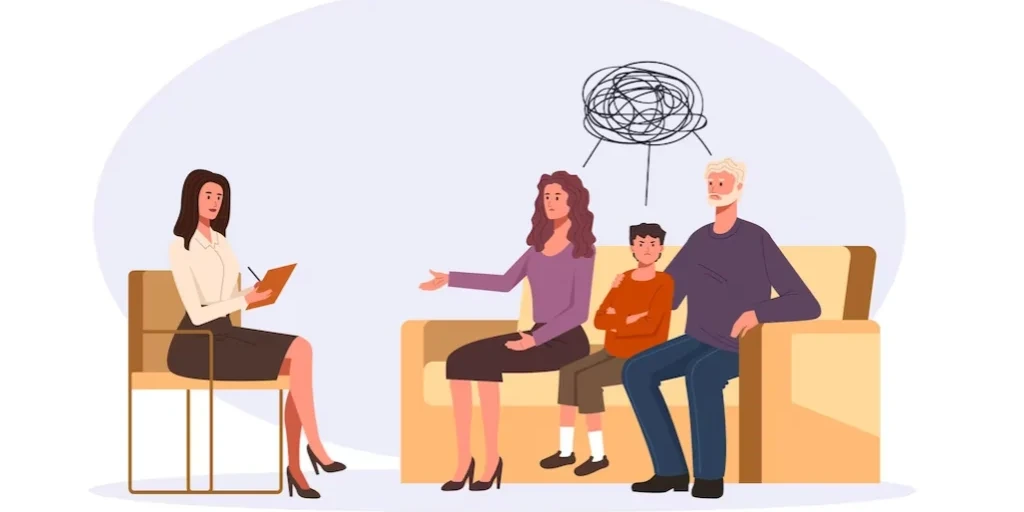24/7 Helpline:
(866) 899-221924/7 Helpline:
(866) 899-2219
Learn more about Opiate Detox centers in Kaw City

Other Insurance Options

Private insurance

BlueCross

American Behavioral

Regence

CareFirst

ComPsych

AllWell

Holman Group

Health Net

MVP Healthcare

BlueShield

Providence

UnitedHealth Group

Lucent

Molina Healthcare

Evernorth

Multiplan

Aetna

PHCS Network

BHS | Behavioral Health Systems










Tonkawa Tribe – Substance Abuse Program
Indian Alcohol and Substance Abuse Tonkawa Tribe of Oklahoma offers outpatient services for people s...

Edwin Fair Community Mental Health Center – Kay County
Edwin Fair Community Mental Health Center – Kay County is a private rehab located in Ponca City, Okl...

Bridgeway
Bridgeway is located in Ponca City, Oklahoma. Bridgeway provides substance abuse treatment.

Ponca City Rightway Medical
Ponca City Rightway Medical is a private rehab located in Ponca City, Oklahoma. Ponca City Rightway ...
































Alpha II
Alpha II is a private rehab located in Tonkawa, Oklahoma. Alpha II specializes in the treatment of a...




























